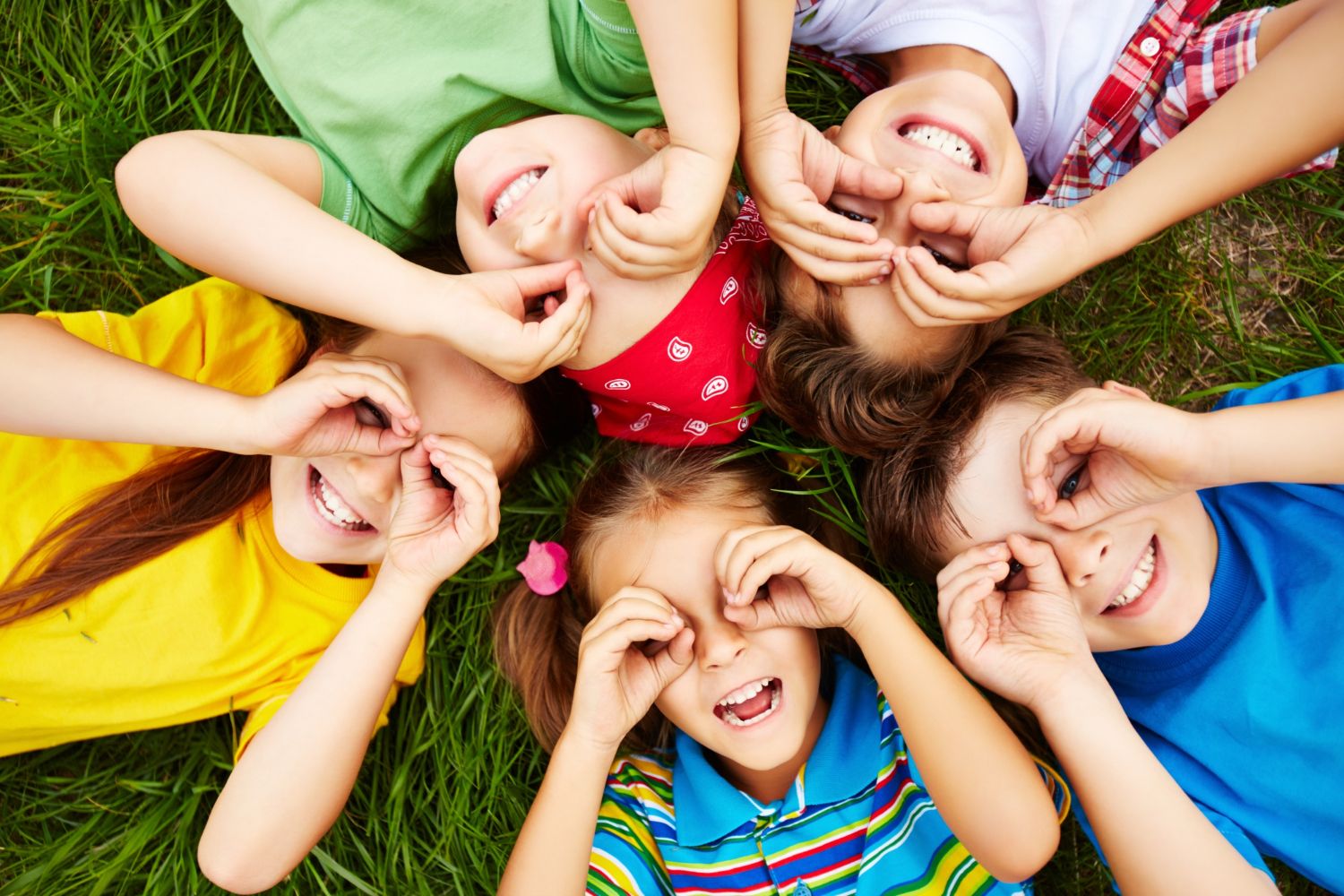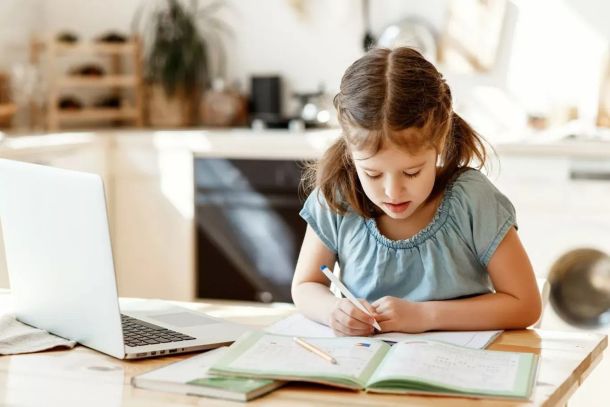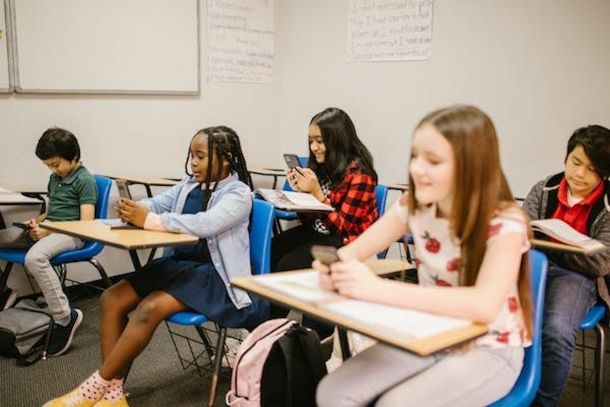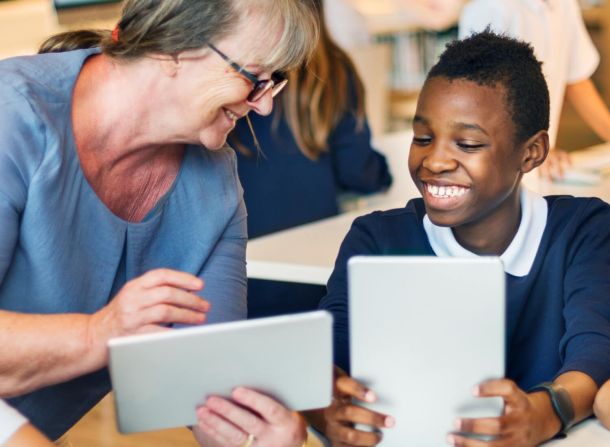
Your child's first camp: 5 ways to prepare them for a new adventure
- Tell your child about your first camp experience
- Talk to your little one about his concerns
- Bring other children's experiences to your child
- Plan evenings away from home
- Prepare your child's travel bag together

Tell your child about your first camp experience
Before going to the first camp, it's a good idea for your child to know what to expect. Use personal experience to familiarise your child with what they will experience on this new adventure. Try to focus on the good times, the fun you had, but also talk about the friendships you made. But it's important not to ignore the less pleasant aspects too. It's good for your child to know that worry is not a weakness, but a normal feeling before an unknown experience or that it can be difficult to spend time away from parents, grandparents or close friends.
Talk to your little one about his concerns

Bring other children's experiences to your child
It can be a real help for your child to hear from other children who have already been to summer camp how they did, what they enjoyed, what they liked and disliked and what the benefits of such an experience are. Hearing from children close in age to your child about the activities that take place at camp, the friendships that are made and how fun and educational such an experience can be can make your child more relaxed and eager to embark on this new adventure.
Plan evenings away from home

Prepare the travel luggage with your child
An important step before any trip is packing. Although for some adults this can be a tiring and stressful task, for children it can be a sign of independence. Together with your child choose clothes for his first camp and be prepared to consider his opinions. At the same time, to alleviate some of the homesickness, make sure he packs some of his favourite things for his first summer camp: a book he loves to read before bed, a toy he likes to play with, his favourite blanket, a family photo or some items of clothing he feels comfortable in.
It's essential that your little one packs all the things that make them feel good and help them get through some tough times.
Kinderpedia keeps parents close to children's camp adventures
Children's excitement is at an all-time high as they prepare to leave for camp and parents are overwhelmed with excitement. Especially if it's their first time away. Kinderpedia opens up a window to the adventures children have at camp. Teachers easily send messages and photos to parents, so they feel part of their children's experiences no matter how far away they are. Anxieties disappear and make way for smiles.

Kinderpedia
The complete communication and management solution for schools and childcare centres.
Simplifies teachers' work and brings parents closer to their children's school progress.
Recommended articles
Want to improve your center quality? Kinderpedia is here to help! Not only do we provide thousands of informational content pieces like blog posts, podcasts, webinars and more, we are also makers of the #1 Rated and Reviewed Childcare Software.







